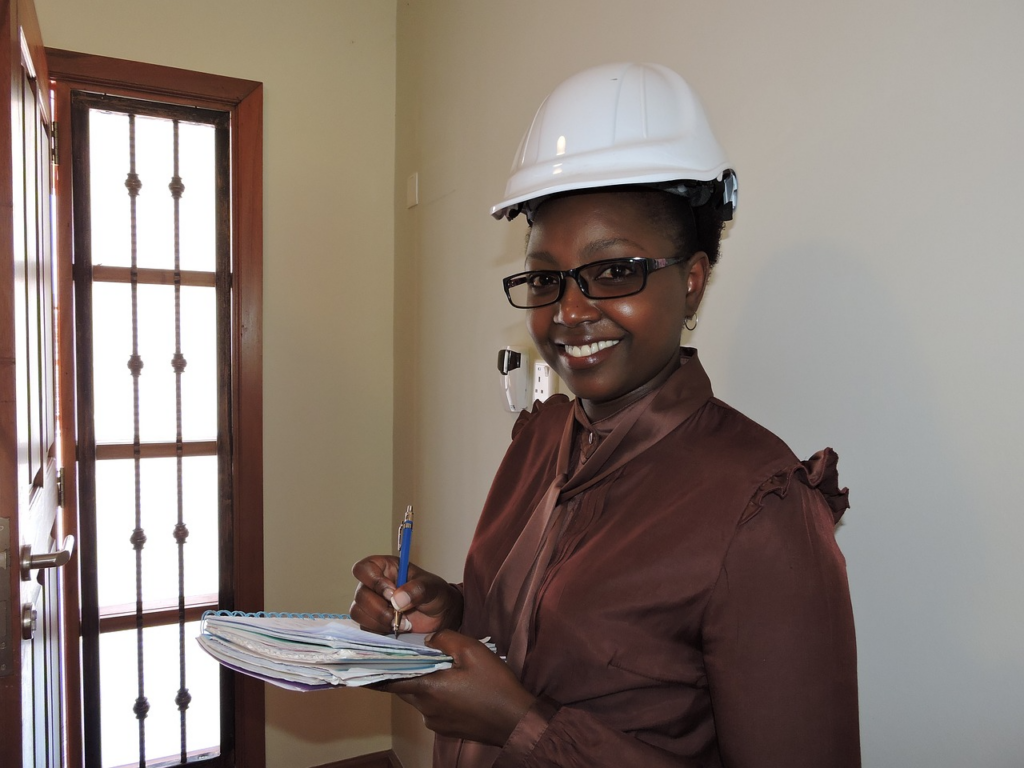Black History Month and Climate Change – The STEM Connection


The recently completed Black History Month
The connection of the recently completed Black History Month and Climate Change may not appear to be obvious but upon reflection from my time as a Science, Technology, Engineering, Mathematics (STEM) educator there is an unquestioned connection between the two. Black History Month reminds me of the challenges Blacks and People of Color (POC) face daily, including Black History Month.
My STEM career before it was known as STEM
I embarked upon a STEM career over 20 years ago before it was referred to as STEM. The idea is to increase the numbers of engineers and scientists by motivating talented scholars to enroll in engineering undergraduate programs. However, in the 30 years since I graduated the problem with low representation in engineering professions is the same today as it was then.
My time as a STEM educator
After working in high tech, I took an opportunity to become a high school / middle school math and science teacher. My goal was to give back to the engineers of the future in the same way STEM pioneers had blazed a path for me. During my time working with students, I learned that minorities have a very vested interest in climate change as they are seeing its effects more directly and immediately than most. And this includes Black History Month and the other eleven months of the year.
Black History Month and Climate Change – The Challenges
In my view there are three challenges which resonate from my time as a STEM Educator upon which I reflect on Black History Month and Climate Change.
The first challenge which comes to mind is the lack of models as teachers. The school I taught at was 75% people of color (50% Latina and 25% African American) yet according to one of my colleagues I was the first African American Chemistry teacher in many years. I cannot understate the importance of a student seeing the image of someone like them in a leadership position who has succeeded from similar backgrounds. The needs of those designing and implementing solutions to address a changing climate will require a STEM background and the solution will be served much better if all portions of the population are represented.
The second challenge I observe is the lack of preparation for those learners who are taking Advanced Placement (AP) Classes. In many cases, schools are motivated to have high numbers of minorities enrolled in AP classes but there is not a focus on making sure students with interest and talent are enrolled and ensuring they are prepared to excel once enrolled. Non-technical professions such as art, communication and psychology will be crucial to implementing the lifestyle/behavior changes which will be a part of solutions on a global scale.
The third, and perhaps most alarming fact, is the standards placed on learners in primarily minority schools are lowered in the interest of getting as many of the pupils to pass as possible. Young people need to be accountable to reach challenging but fair goals and the education system should be designed to provide them with the support they need to achieve them. One of the responsibilities of the education system is to prepare our future adults for the climate change impacted world that they will inherit.
Moving forward until next February
Black History Month is a celebration of the achievements of African Americans of the past but should have a larger purpose of serving as a reminder of what the future should be and can be which would benefit not only people of color but all of humanity.
About the Author
Tony Green, Climate for Health Ambassador and former high school/middle school math and science teacher
Additional Resources
Register to Watch the American Climate Leadership Awards 2024
Mental Health and Our Changing Climate: Children and Youth Report 2023